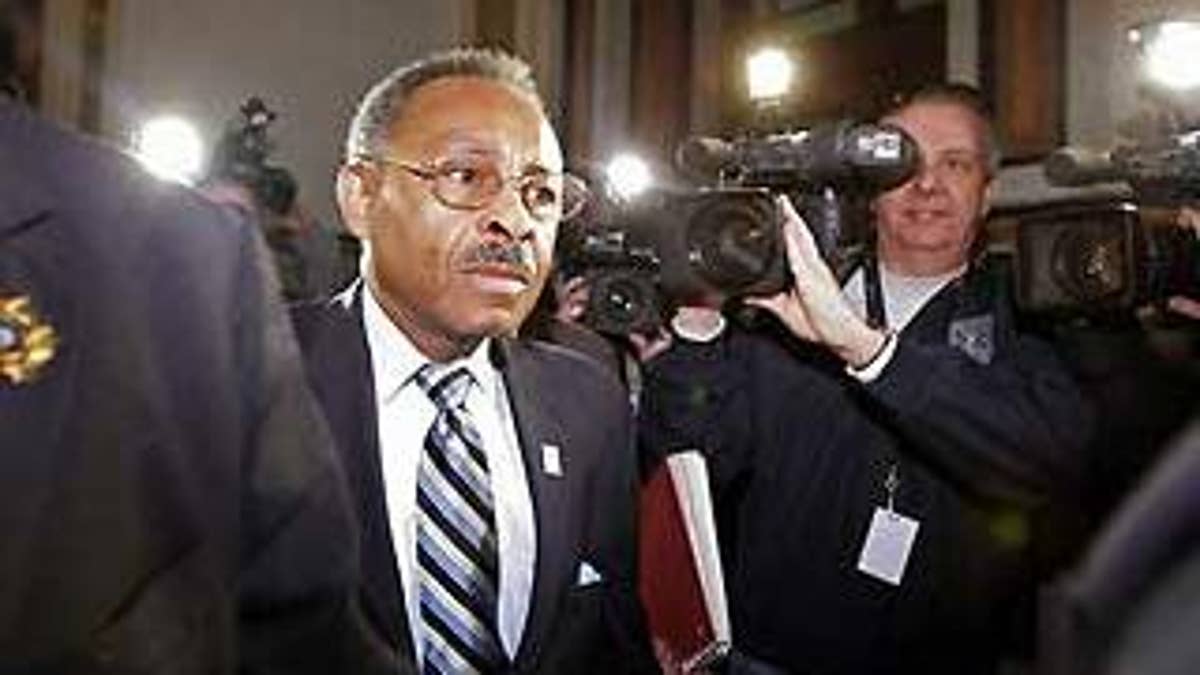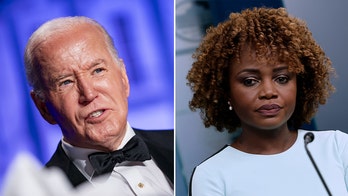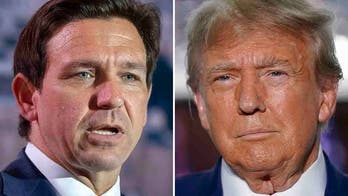
Roland Burris told an Illinois House panel Thursday that he did not engage in any improper deal with Illinois Gov. Rod Blagojevich in exchange for his appointment to President-elect Barack Obama's Senate seat.
Testifying shortly before the committee voted to recommend impeaching the governor, Burris attempted to assure lawmakers there was no quid pro quo, or political give-and-take, clouding his appointment. Burris was barred from entering the U.S. Senate floor earlier this week, and his testimony is considered an important step toward eventually assuming Obama's seat.
"I came before this committee stating that there was nothing .... legal, personal, or political exchanged for my appointment to this seat," Burris testified under oath. He said his appointment was made "according to law."
Burris told reporters after the hearing that he has nothing to hide and that he "passed the test with flying colors."
But Burris declined to answer questions Thursday about whether he would have gone to federal authorities if he had been offered such a deal. He also declined to say whether Blagojevich should resign or be impeached, saying he has no control over those issues. And he said he has not read the criminal complaint against the governor.
Though U.S. Senate Democrats have backed away from their opposition to seating Burris, his appointment is not assured. U.S. Senate Majority Leader Harry Reid said he hasn't decided whether Burris' testimony before the Illinois House panel improved Burris' chances of being seated as a U.S. senator from Illinois.
Illinois Republicans had been promising tough questions for Burris on why he accepted a position offered by disgraced Gov. Blagojevich and whether he was promised anything in return.
"I would like to specifically ask, under oath, if there was any quid pro quo for the appointment," said Rep. Mike Bost, a Republican member of the Illinois House committee considering Blagojevich's impeachment.
Burris said no.
Blagojevich's appointment of Burris on Dec. 30 created a furor. It came just three weeks after he was accused by federal prosecutors of scheming from his power to name Obama's replacement in the U.S. Senate.
Lawmakers wanted to ask Burris about contributions to the governor's campaign, how Blagojevich's wife got a job with a group affiliated with Burris' business partner and why the governor's criminal lawyer approached Burris about the Senate instead of a staff member.
Obama said Wednesday that the decision on whether to allow Burris to join the Senate is a decision for Senate leaders. The president-elect said he knew Burris, liked him and would be happy to work with him if he is seated.
Senate leaders were under significant pressure to resolve the Burris matter quickly before its racial and political themes further overshadowed the 111th Congress and its consideration of a stimulus bill that could cost $1 trillion.
U.S. Senate leaders have said they would be open to recognizing Burris' appointment after he deals with lingering legal obstacles, including an appearance Thursday afternoon before the impeachment committee.
They're also waiting for a decision from the Illinois Supreme Court on whether Illinois Secretary of State Jesse White must sign off on Blagojevich's appointment of Burris. Senate rules appear to bar seating anyone whose appointment isn't properly signed by state officials.
The welcoming attitude by U.S. Senate leaders -- Democrats, like Burris -- was an abrupt pivot from their posture that the stain of Blagojevich's corruption charges would strip Burris of credibility. Nearly from the day Blagojevich was arrested on federal corruption charges, they vowed to reject anyone he appointed.
But if the Illinois Supreme Court requires the secretary of state to sign his appointment, then the Senate will almost certainly hold a vote on whether to seat Burris, Reid said this week.
The Associated Press contributed to this report.




